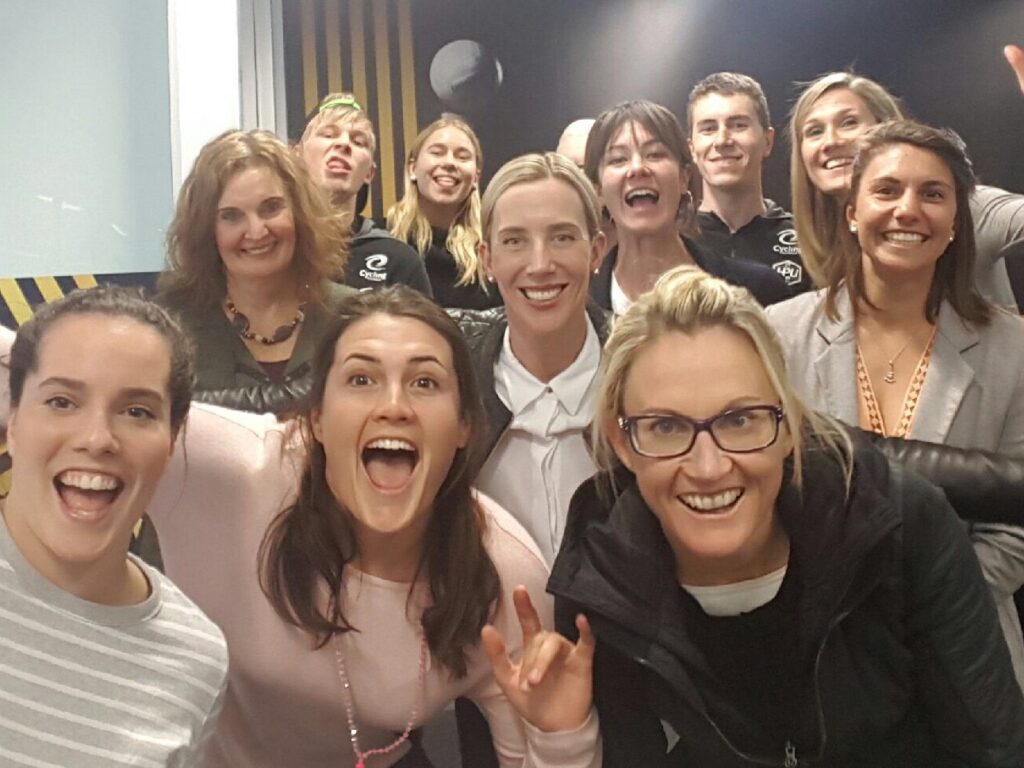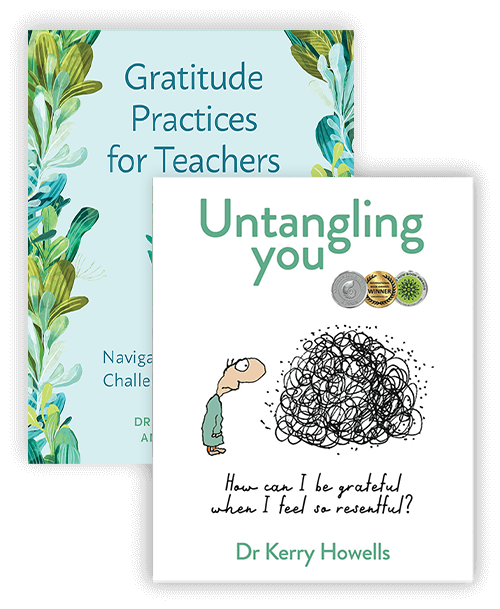I thought I would share with you some of my reflections that have arisen from the great privilege I had recently in facilitating a one-day workshop for a select group of athletes who competed at the recent Rio Olympic and Paralympic Games. The athletes represented a wide range of sports including sailing, diving, beach volleyball, cycling and athletics.
The purpose of the workshop was twofold. We explored the concept of gratitude and its potential in elite sport, and how to find meaningful and authentic ways of expressing gratitude. Secondly the athletes were invited to share on film the messages of gratitude to those who supported them in their Rio Olympic campaign.
I learned so much from these amazing athletes and they shared many stories of gratitude. Their expressions of gratitude were sincere and inspiring.
These messages were then used to set a tone of gratitude throughout the World Class to World Best conference, where I presented on the Practice of Gratitude for coaches and those who support elite athletes. My key point was that, just as my research in the context has shown about the impact of the teacher’s inner attitude of gratitude on the students’ capacity to be grateful, the inner attitude of coaches is going to impact on their athletes.
One of the challenges in elite sport is that there are two seemingly conflicting goals: To hold both the spirit of cooperation and the spirit of competition. Most athletes have grown up to be fiercely competitive from a very young age. This places total focus on the performance and is often an intensely individualised pursuit. The nature of sport is that individuals are naturally positioned against each other in order to gain the competitive edge.
Yet there is also a need for the athletes to demonstrate a spirit of cooperation and this is often the one that is honed in upon by the media: the Olympic Games symbol of the five interconnected circles representing the five continents of the world; the opening and closing ceremonies symbolic of the friendly relationships amongst the world’s countries.
When a swimmer gets out of the pool at the Games they are expected to immediately jump out of their intensely competitive and internally focused state to present a friendly and cooperative message to the world.
I believe that such an ask, demanding as it is, can be achieved more fully if athletes approach their competition in the spirit of gratitude. If they adopt what I call A State of Preparedness (explained in my TEDx talk: How thanking awakens our thinking) by focusing on their inner attitude of gratitude before entering the competition and practise this as much as they can during their training, then they are more able to demonstrate genuine gratitude at the end of the race or game.
Gratitude can also contribute greatly to the actual performance itself. Research shows that gratitude can improve athletes’ self-esteem and trust in their coach (Chen & Wu, 2014) and enhances adolescent athletes’ wellbeing (Chen & Kee, 2008).
The Olympic and Paralympic Games are wonderful opportunities for people to be thinking beyond themselves and their own country and to be thinking of the world. They are also a great opportunity to educate the world about the importance of gratitude.
The Games allow athletes from around the world to demonstrate not only their greatness in the physical and mental domains, but also how much they are Olympians in their character. Whether they come first or last, this can be a time for gratitude to shine through as an example of great virtue. Deep gratitude means gratitude for everything – both the good and the bad, both winning and losing. The more that athletes practise this principle in the lead up to the Games, the more they will be able to display Olympian character during the Games.
Wouldn’t it be wonderful to hold a vision of the upcoming Tokyo Games as being one infused with gratitude. Gratitude extended far and wide to all the hundreds and thousands of people who contribute to the athletes’ journey in the four years getting ready for the Games. Gratitude to the country holding the Games and to all the people who give up their time to ensure that the event is a success. Gratitude towards fellow competitors, for without each other there would be no Games, no opportunity to push oneself to the highest level. Most importantly, there could be gratitude towards our athletes and their coaches, whether they win or lose on the day.
Kerry
References:
Chen, L.H. & Wu, C. (2014). Gratitude enhances change in athlete’s self-esteem: The moderating role of trust in coach. Journal of Applied Sport Psychology, 26(3), 349-362.
Chen, L. H. & Kee, A. (2008). Gratitude and adolescent athletes’ wellbeing. Social Indicators Research 89(2), 361-373.







